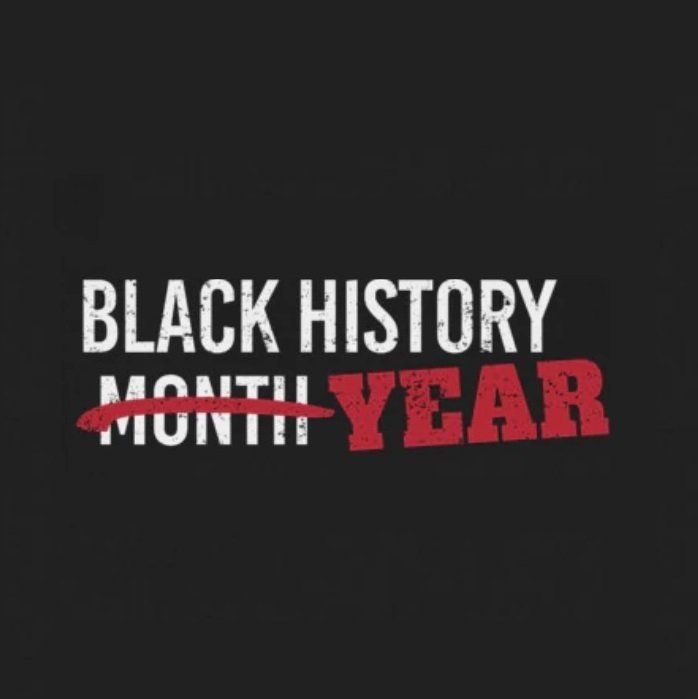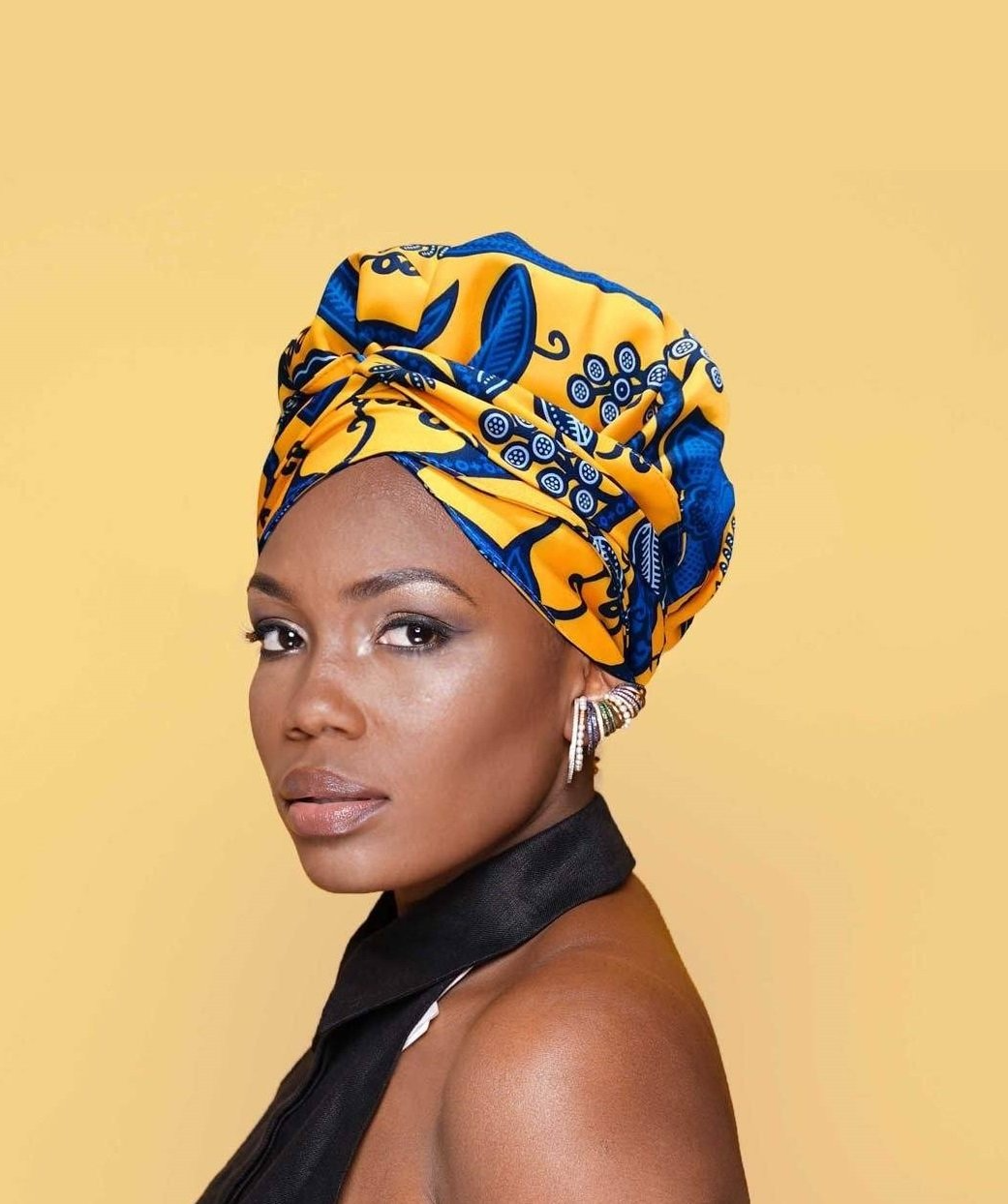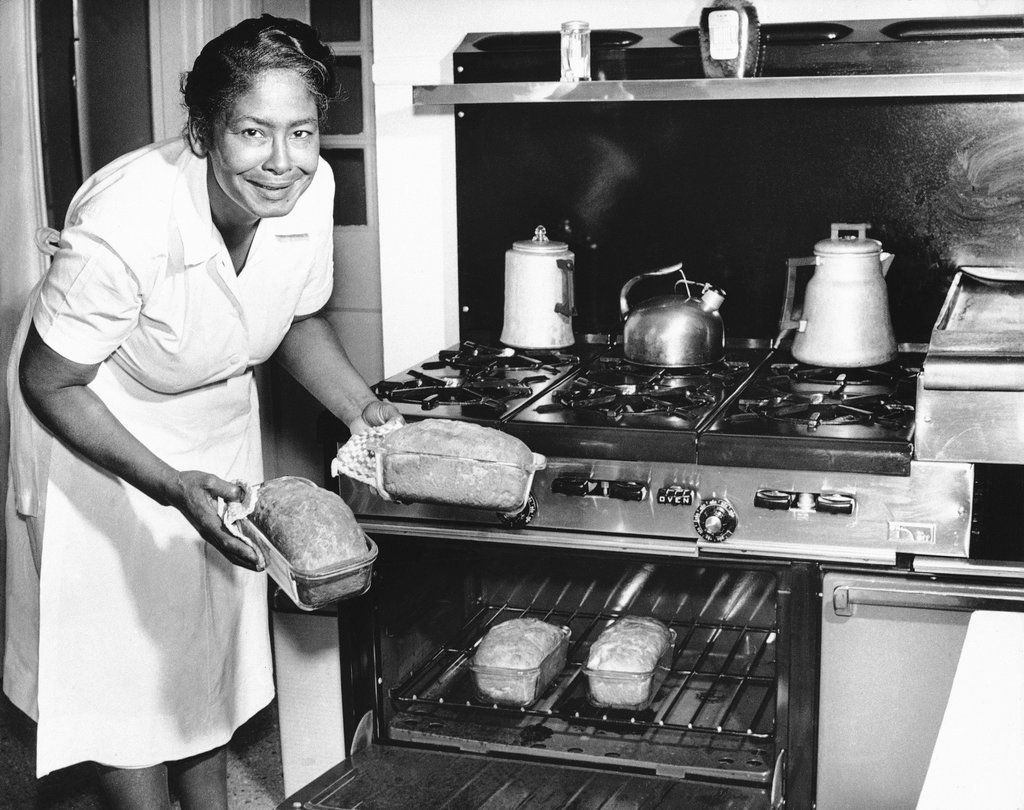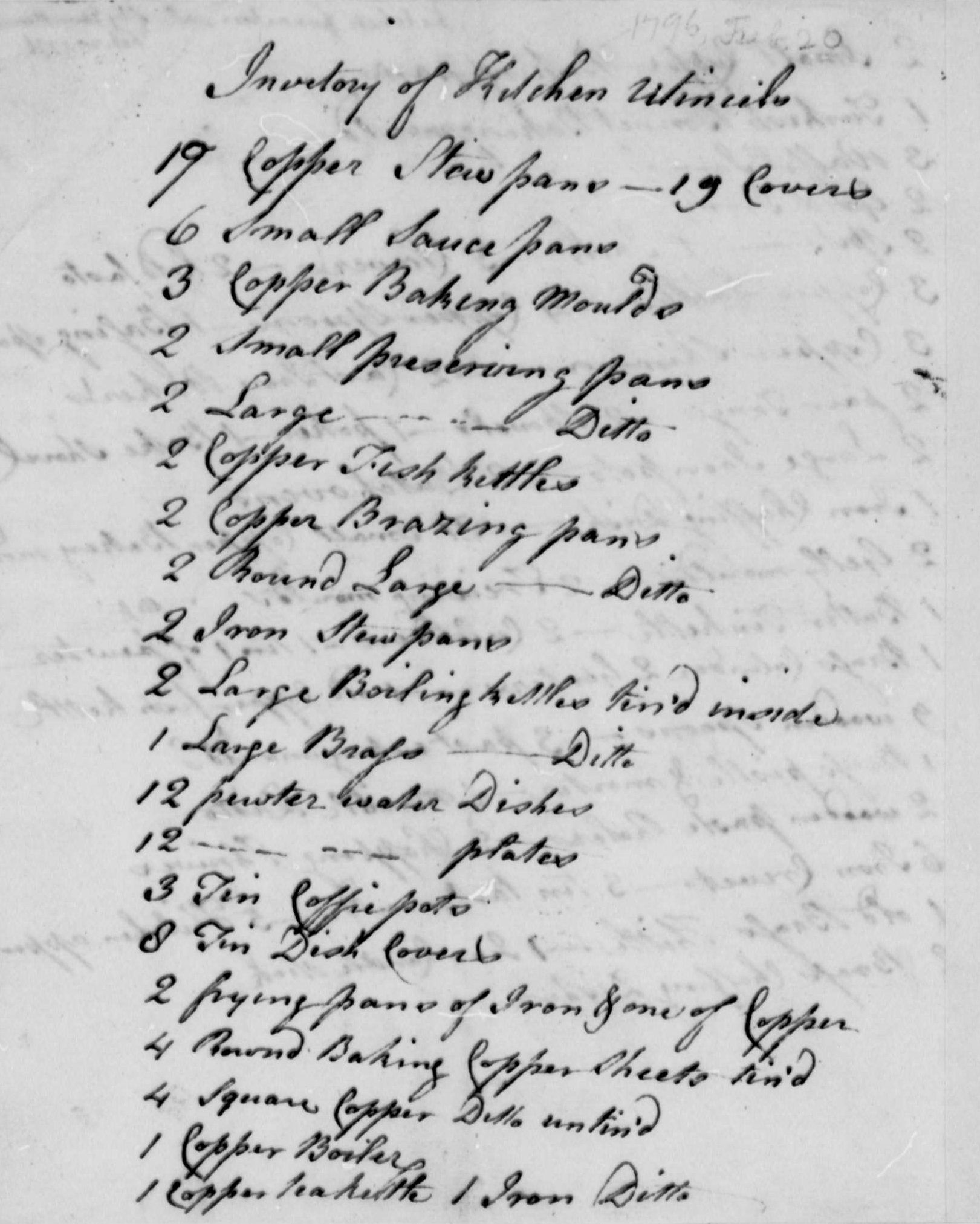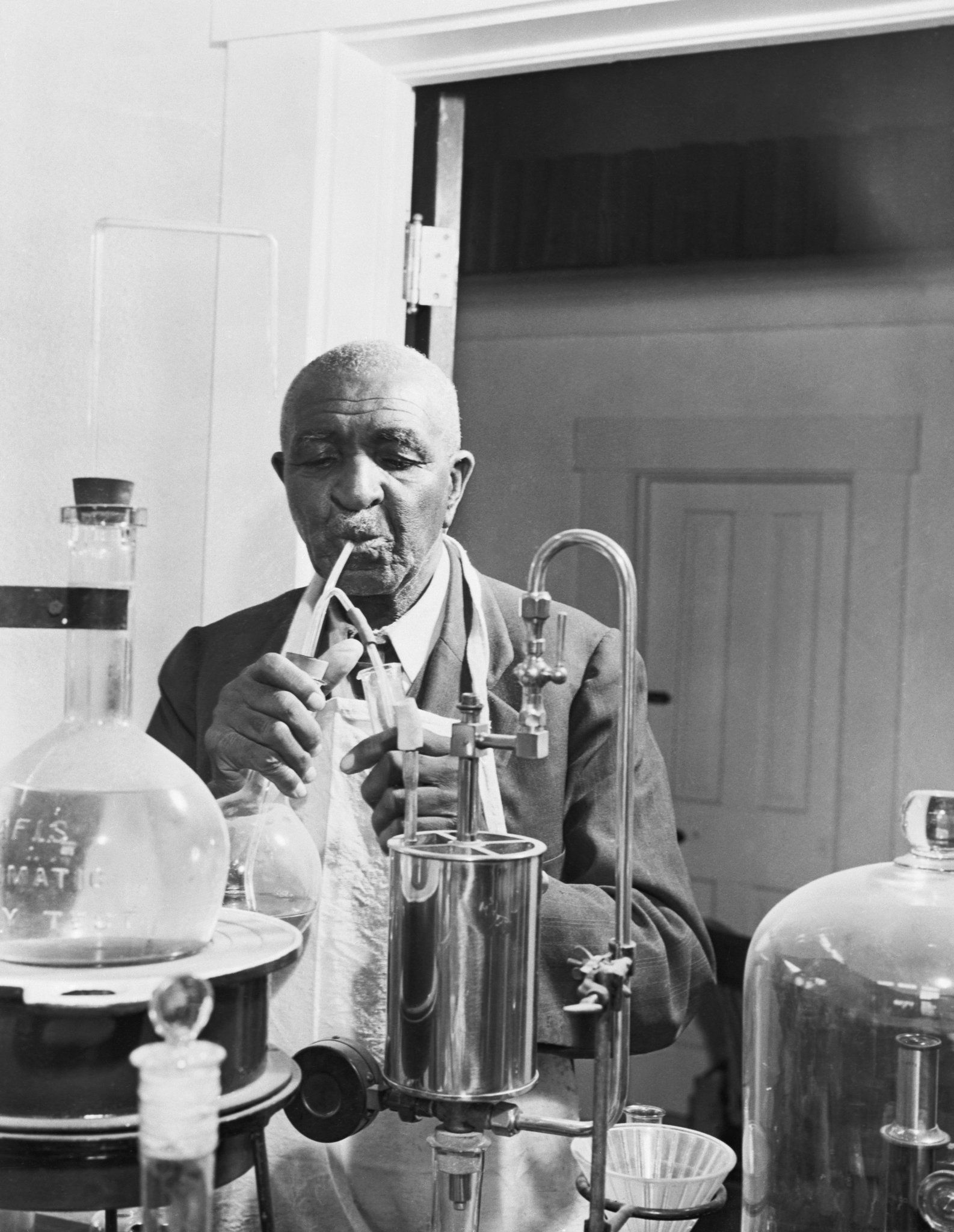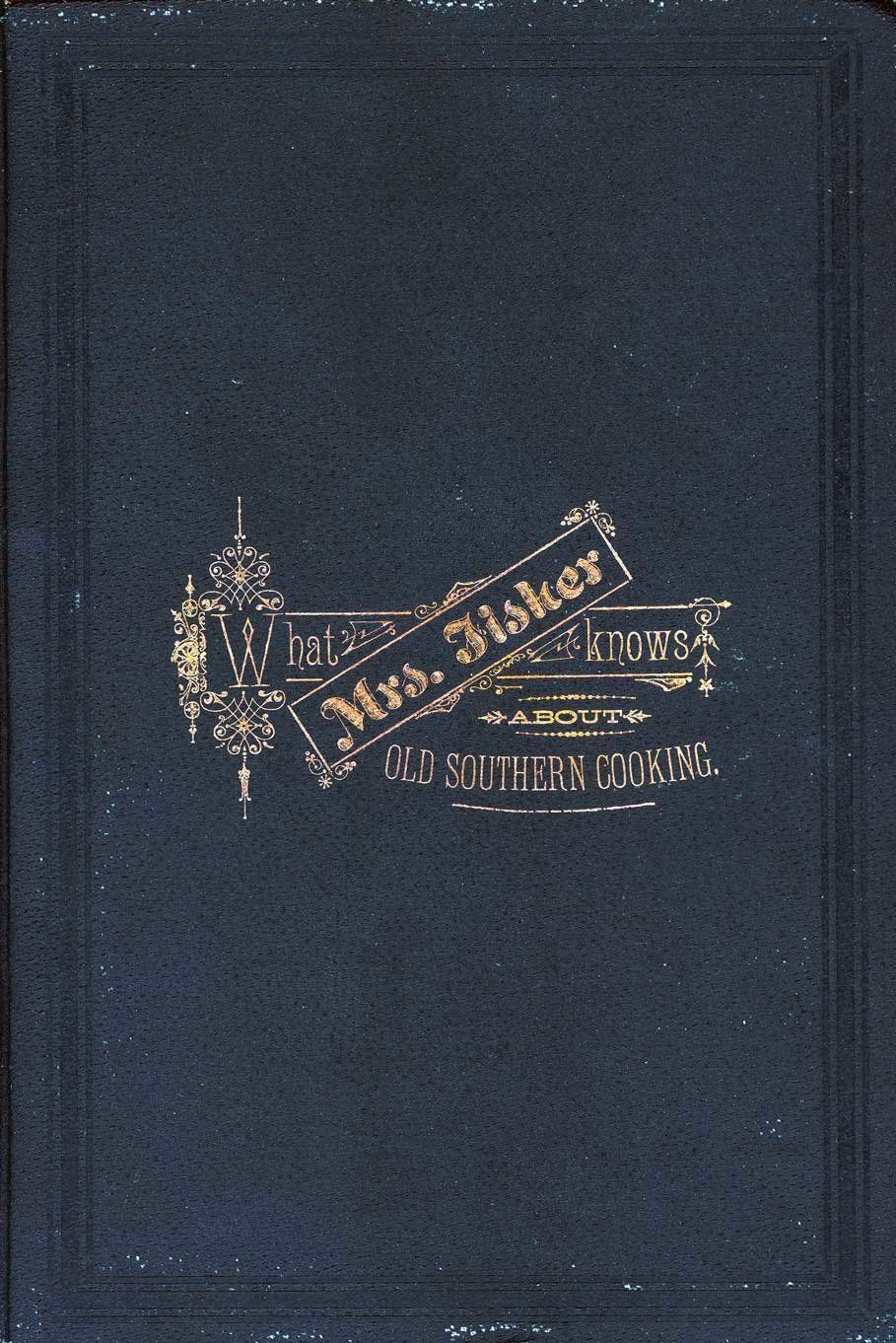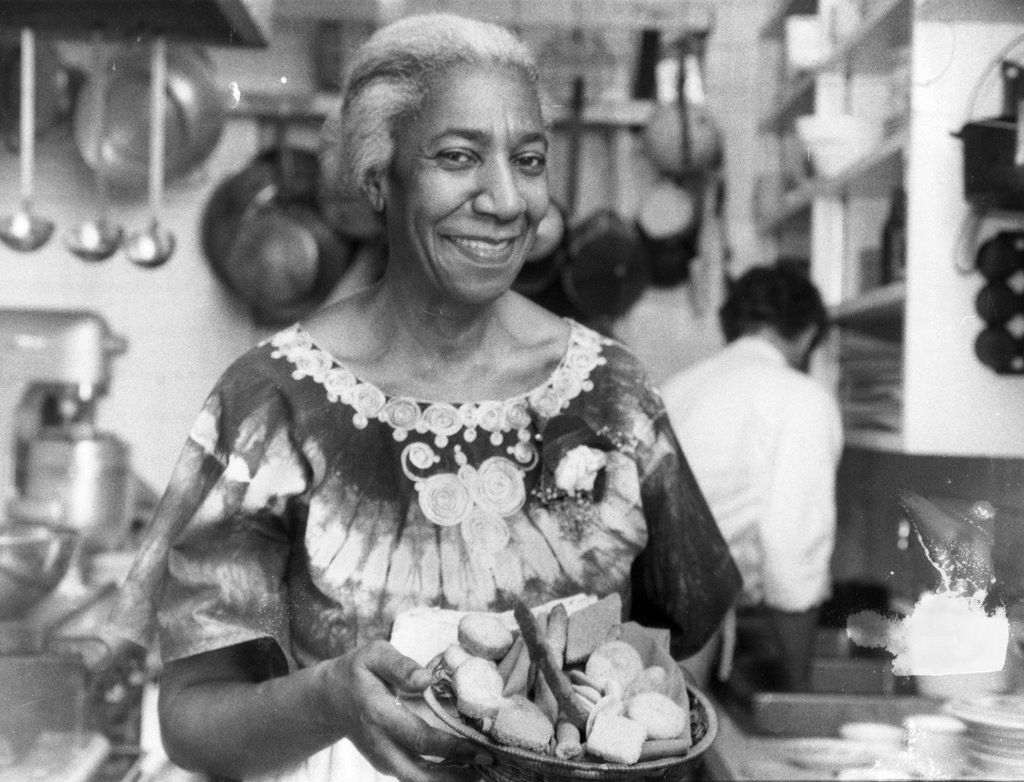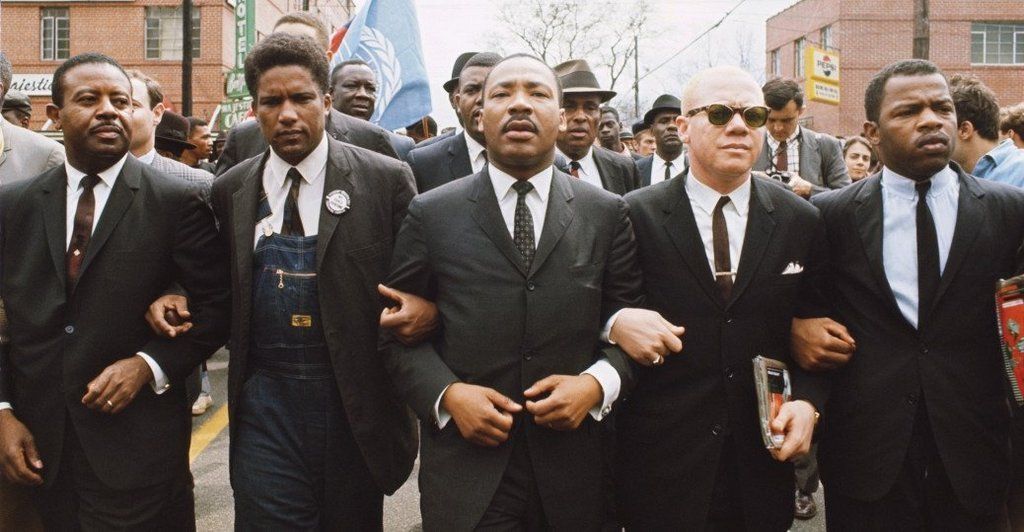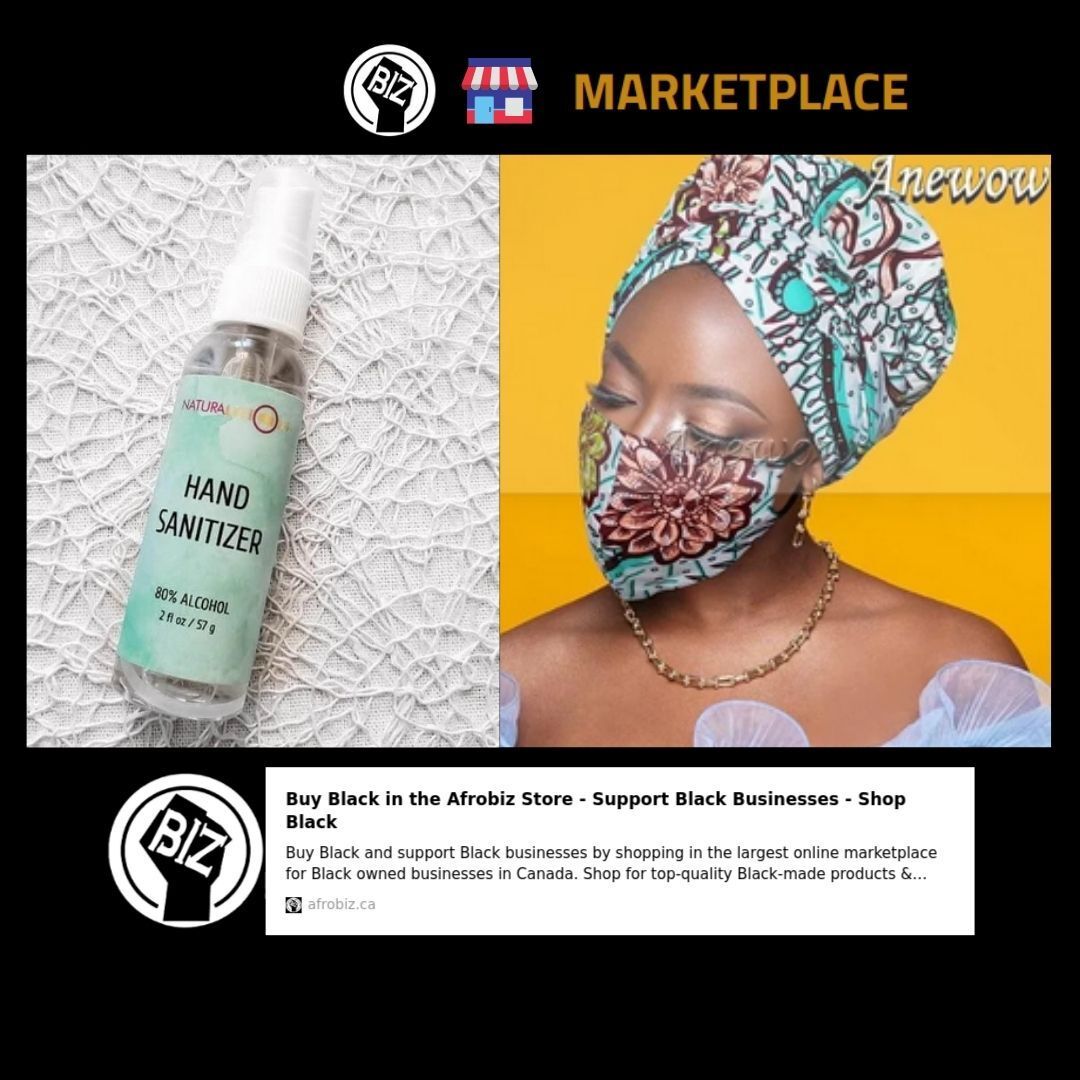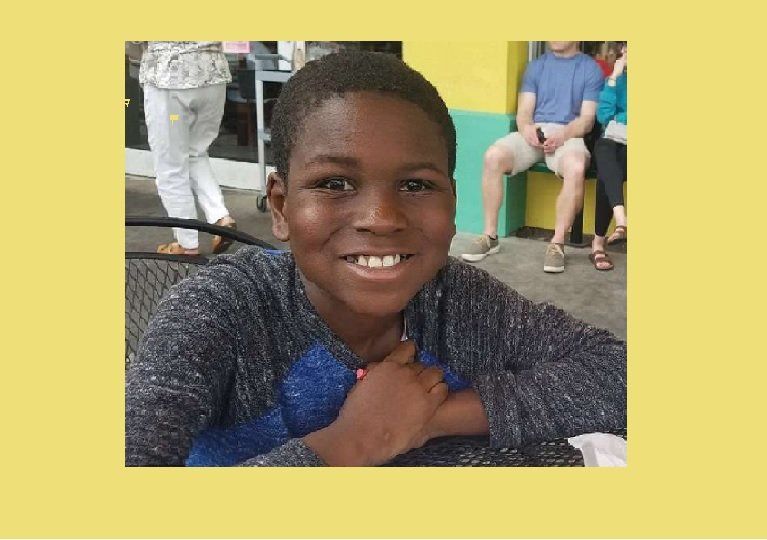The history of food written by 6 black chefs
6 Black Chefs (and 1 Inventor) Who Changed the History of Food. And oftentimes history, period.
He was the first to bring French fries to the United States. She helped Southern cooking gain recognition nationwide. They organized N.A.A.C.P. meetings at their barbecue restaurant as the civil rights movement gained momentum.
Black chefs, cookbook authors, restaurateurs and inventors have shaped how we eat, and the culture at large. Here are just a few.
James Hemings
* First American to train as a chef in France
* Cooked the historic meal between Alexander Hamilton and Thomas Jefferson (immortalized in the musical “Hamilton” in the song “The Room Where It Happens”)
* Introduced European-style macaroni and cheese, French fries, crème brûlée and ice cream to America
James Hemings was born in Virginia in 1765; at 8 years old, he became Thomas Jefferson’s slave through an inheritance. (His younger sister Sally was also enslaved by Jefferson and later bore several of Jefferson’s children.)
After Jefferson was appointed commerce minister to France in 1784, he and Hemings, then 19 years old, set sail for Paris, which is where Hemings began his cooking career, becoming the first American trained as a French chef. He studied in prestigious French kitchens and trained with a master pastry chef; his most important experience, however, came from the chef at the Château de Chantilly, which at the time was considered to have better food than Versailles.
In 1787, Hemings became the chef de cuisine at Hôtel de Langeac, Jefferson’s personal residence, where he cooked for politicians and celebrities. He later would make the dinner for the historic meeting between Jefferson and Alexander Hamilton in Virginia, where the two men engaged in political negotiations despite their longstanding feud.
Hemings was freed in 1796. After some travel, he returned to Monticello, Jefferson’s home in Virginia, to run the kitchen. In 1801, he committed suicide; a letter addressed to Jefferson said that the cause was “drinking too freely.” While his time as a free man was short, his legacy has proved to be long.
George Washington Carver
* One of the most influential agricultural scientists and inventors in history
*Invented cotton crop rotation in the South, a technique where different crops are alternated to rejuvenate nutrient-deprived soil
*President Franklin D. Roosevelt had a national monument built in Carver’s honor
Agricultural scientist, inventor, the peanut man: George Washington Carver is remembered for many things, but his contributions forever changed how modern industries are run. Carver was born into slavery in the early 1860s, and went on to earn a master’s degree in agricultural science at Iowa State Agricultural College (Iowa State University today). In 1896, he moved to Alabama and became the director of agricultural research at the Tuskegee Normal and Industrial Institute. There, he focused on projects to improve Southern agriculture.
Through his research, he discovered that cultivating only one cropstripped the land of its nutrients and yielded less bountiful harvests. By introducing peanuts and soybeans to the nutrient-deprived soil, crops could thrive again — a discovery that also could feed Southerners. Once farmers integrated crop rotation into their fields, the South became a strong new supplier of agricultural products.
You may have heard Carver’s name associated with peanuts (boy, did he love them). Contrary to popular belief, Carver did not invent peanut butter. But he did develop more than 300 other food, industrial and commercial items with peanuts, such as plastics, dyes, soap, milk and cosmetics. He also invented 118 products from sweet potatoes, including molasses and postage-stamp glue.
After Carver died, in 1943, President Franklin D. Roosevelt had a national monument built for him, an honor that before then had been reserved only for presidents.
Zephyr Wright
*Personal chef for President Lyndon B. Johnson
*Told her firsthand stories about discrimination to Johnson, which is thought to have influenced his signing of the Civil Rights Act of 1964
Zephyr Wright drew in crowds with her comfort food. But the one person who may have benefited the most was Lyndon B. Johnson.
Wright was born and raised in Marshall, Tex. In 1942, she started working for the Johnsons as a maid and cook to help pay her way through college; she ended up staying with the family until 1969, through the duration of Johnson’s presidency. While Johnson was in Congress, his home quickly became known for its food, as other politicians visited regularly and built relationships over Wright’s chile con queso and peach cobbler. Lady Bird Johnson once wrote, “I have yet to find a great chef whose desserts I like as well as Zephyr’s.”
Wright was known to have told Johnson of her experiences with discrimination. Leonard H. Marks, the director of the United States Information Agency at the time of Johnson’s presidency, was one witness to this. “When Sammy and I drive to Texas and I have to go to the bathroom, like Lady Bird or the girls, I am not allowed to go to the bathroom,” Mr. Marks recounted Wright telling Johnson. (Her husband, Sammy, was Johnson’s driver.) “I have to find a bush and squat. When it comes time to eat, we can’t go into restaurants. We have to eat out of a brown bag.”
When Johnson signed the Civil Rights Act of 1964, Wright was there. After he finished, he gave her a pen he used and said, “You deserve this more than anybody else.”
Wright died in 1988 from heart complications at age 73.
Abby Fisher
*One of the first black cookbook authors
*Her cookbook was originally published in 1881 and reprinted in 1995
Abby Fisher was known for her Southern cooking, particularly her pickles and preserves. In 1880, after winning a bronze medal at a fair in San Francisco, the jurors said, “Her pickles and sauces have a piquancy and flavor seldom equaled, and, when once tasted, not soon forgotten.”
Fisher was born into slavery in South Carolina in 1832. She learned to cook in plantation kitchens in the South, where she developed her distinctive style. After the Civil War, she moved to San Francisco and opened a preserves business. Those close to her encouraged her to publish a cookbook; because she could not read or write, she ended up carefully describing her recipes to writers who assembled them for her. “What Mrs. Fisher Knows About Old Southern Cooking” was published in 1881 and included 160 recipes, corn fritters and okra gumbo among them. You can get lost in it yourself.
Edna Lewis
*One of the most influential figures in modern Southern cooking
*Renowned author and chef
Born in 1916 in Freetown, Va., Edna Lewis grew up on a farm, where she learned to cook. After her father died when she was 16, she moved to Washington, D.C., living there briefly before finally settling in New York. She worked a series of different jobs until she began cooking at Café Nicholson in Midtown Manhattan, offering a simple menu of dishes like biscuits and herbed roast chicken. She soon became a local legend, and cooked for the likes of Salvador Dalí and Eleanor Roosevelt.
She left Café Nicholson in 1954, and started catering and teaching cooking classes in the American Museum of Natural History. About 20 years later, she wrote “The Edna Lewis Cookbook.” She began working with the renowned editor Judith Jones on a second book. After Jones pushed Lewis to find a more distinctive voice, “The Taste of Country Cooking” was born, which would become Lewis’s most significant cookbook, expanding on her Southern roots and how she would grow, harvest and cook what they planted in Freetown. It is celebrated for its focus on the simplicity of Southern food and emphasis of farm-to-table eating.
She went on to publish “In Pursuit of Flavor” in 1988, and “The Gift of Southern Cooking,” written with Scott Peacock, in 2003. Lewis died in 2006, but she is still recognized today for being a leading food voice in America.
Larry and Jereline Bethune
*Their restaurant, Brenda’s Bar-B-Que Pit, became a center for civil rights in Montgomery, Ala.
*The oldest barbecue restaurant in Montgomery that’s still in operation
*Their efforts contributed to the success of the bus boycotts
In 1955, Rosa Parks refused to give up her seat on a bus in Montgomery. Shortly after, bus boycotts began around the city. The Brenda’s Bar-B-Que Pit staff helped organize parts of the boycott, which soon propelled the civil rights movement into the national conversation.
Jereline and Larry Bethune first opened the restaurant in 1942; back then it was a nightclub, the Siesta Club, that sold food. It later became Brenda’s, named for one of their daughters. The restaurant became an unofficial center for the local civil rights movement, holding N.A.A.C.P. meetings, printing fliers and planning protests.
But even after the bus boycotts, Ms. Bethune quietly held lessons to teach other African-Americans to read so they could pass the literacy test, which functioned as a way to suppress the black vote during the height of the Jim Crow era. Donetta Bethune, the Bethunes’ granddaughter, described it as: “Let’s learn how to read. Let’s learn how to vote. Let’s go after our own rights so we never have to be treated in a way that we’re not equal to again. In the black community, that’s how they lived back then. Everyone helped each other, or else how could you get by or how could you make it through.”
Brenda’s is family-run to this day, and it still feeds locals its popular ribs, pig ears and chopped pork.
SOURCE: http://ow.ly/em5c30oM5vn
